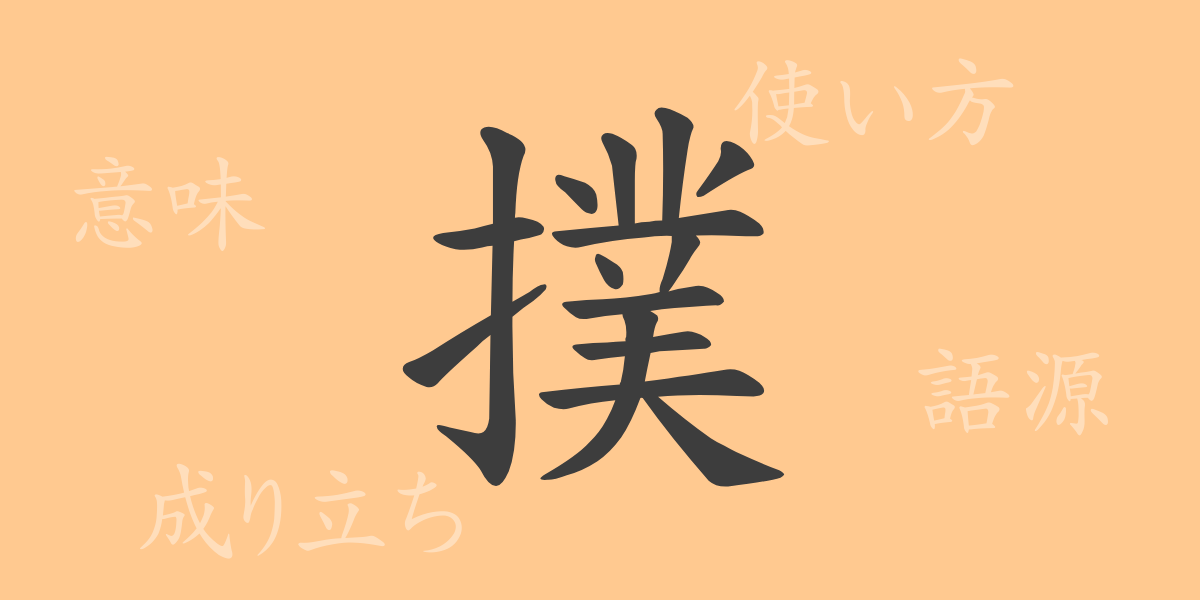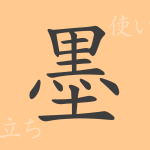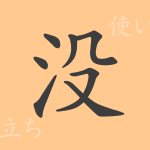In the Japanese language, many kanji characters carry deep meanings and historical significance within a single character. The kanji “撲(ぼく, boku)” is one such character. Although “撲(ぼく, boku)” is not commonly seen in everyday life, delving into its origins and meanings reveals the profound depth of the Japanese language. This article will provide a detailed explanation of the origins, usage, compound words, and idiomatic expressions related to “撲(ぼく, boku)”.
Origins of 撲(ぼく, boku)
The kanji “撲(ぼく, boku)” is derived from ancient Chinese pictographs. It originally combines the character “攴(ぼくづくり, bokuzukuri),” which means to strike with the hand, and “木(き, ki),” which means wood. This combination gave rise to the meaning “to strike wood,” and more broadly, it came to refer to acts of “striking” or “hitting” in general.
Meanings and Usage of 撲(ぼく, boku)
As a verb, “撲(ぼく, boku)” primarily means “to hit” or “to strike.” Metaphorically, it can also be used to mean vigorously attacking something or strictly enforcing a rule. In practice, it is often seen in compound words and idiomatic expressions.
Reading, Stroke Count, and Radical of 撲(ぼく, boku)
The kanji “撲(ぼく, boku)” contains various pieces of information:
- Reading: In On’yomi (音読み), it is read as “ボク(ぼく, boku),” and in Kun’yomi (訓読み), it is read as “なぐ.る(nagu.ru).”
- Stroke Count: The kanji “撲(ぼく, boku)” has a total of 15 strokes.
- Radical: The radical of “撲(ぼく, boku)” is “手(てへん, tehen),” which means hand.
Compound Words, Idiomatic Expressions, and Proverbs Using 撲(ぼく, boku)
There are not many compound words, idiomatic expressions, or proverbs that include “撲(ぼく, boku),” but here are a few examples:
- 撲滅(ぼくめつ, bokumetsu): To completely eliminate. It means to eradicate diseases or pests.
- 撲殺(ぼくさつ, bokusatsu): To beat to death. It refers to killing by striking with great force.
- 撲打(ぼくだ, bokuda): To strike strongly or the act of striking.
Summary of 撲(ぼく, boku)
The kanji “撲(ぼく, boku)” is often used to mean the direct actions of “hitting” or “striking,” and by extension, it can imply eradicating something completely. While you might not frequently encounter “撲(ぼく, boku)” in Japanese, the compound words that include it leave a strong impression. This illustrates how even seemingly less common kanji can reveal rich expressive power and historical depth when examined closely, showcasing one of the many charms of the Japanese language.

























